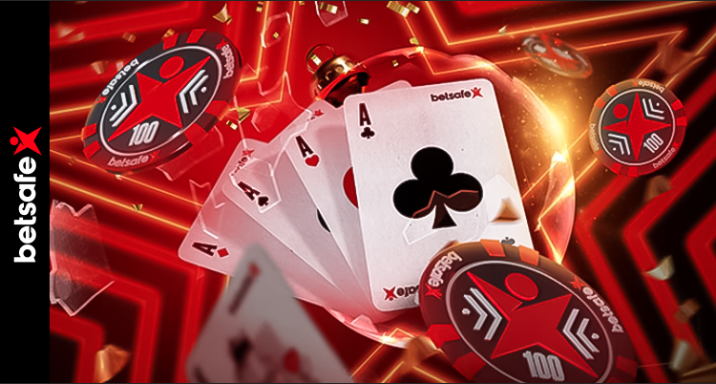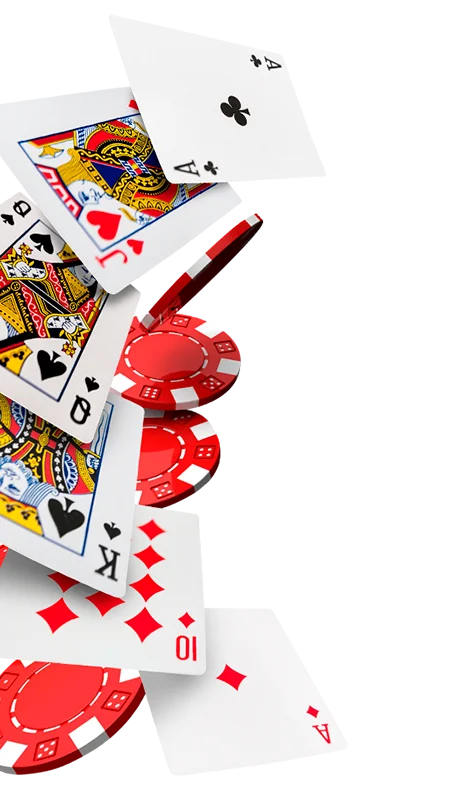
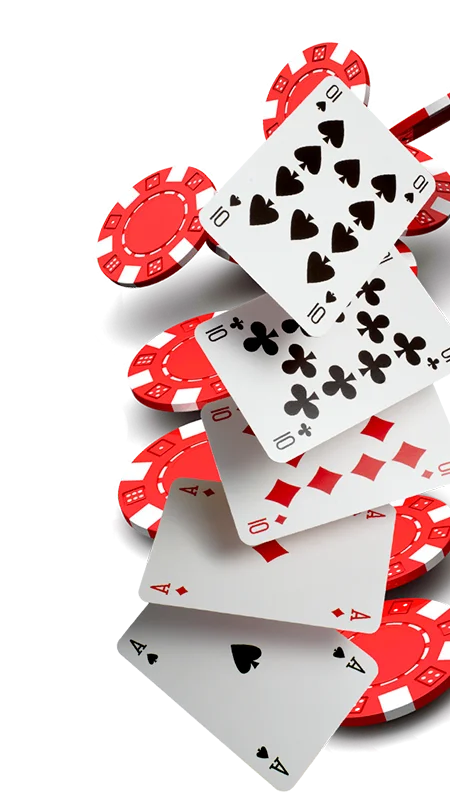
Bluff in poker: how to recognize it in the opponent and take advantage of it
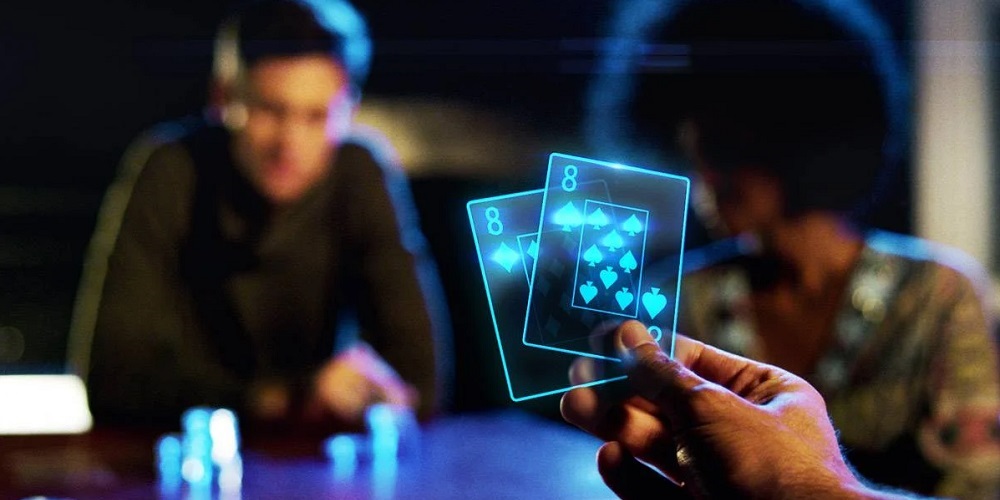
There are players, especially those who have
just started to improve and are hungry to play, who feel an inexplicable
fascination with bluffs and bluffs. Some are obsessed with bluffing
whenever they can, something totally inadvisable, as we have already commented
on occasion.
And it is a play reserved for experienced players, with a great capacity to make accurate readings of the game and risking just enough to try to get the pot. But it is just as important to know how to bluff as to identify when an opponent is bluffing you, and in this article, we are going to focus on this second aspect. How can you recognize a bluff in poker?
Bluff in poker: tips to identify it
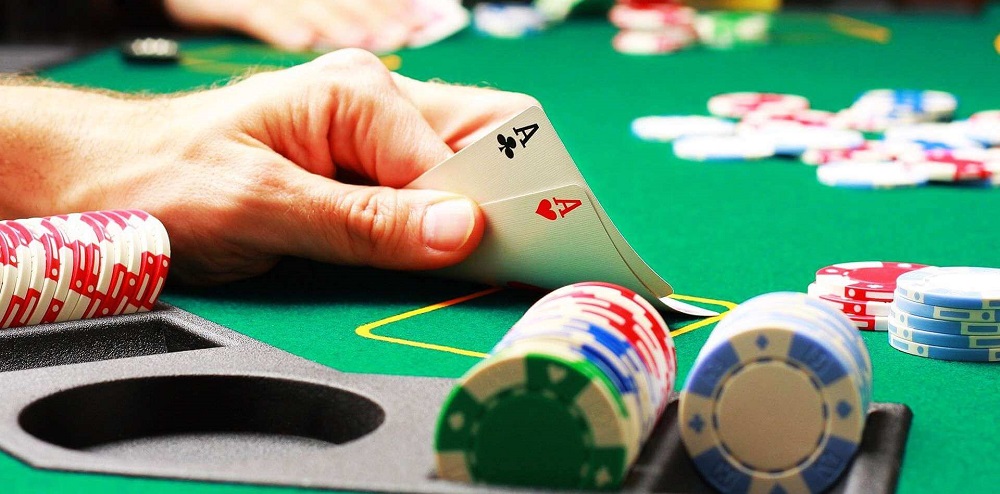
Both to make a bluff and to identify it you
have to know how to read the game. This ability develops with experience
and time, that's why it is always said that bluffs are for professionals.
In order to try to spot a player who is
bluffing you have to pay attention to:
- Their game dynamics. An abrupt change in the way they
play can give away a bluff, but be careful: some expert players know how to
pretend they are bluffing when they are not.
- Their varying level of aggressiveness. A player who is noticeably
over-aggressive may be bluffing. Rather than changes in the aggressiveness of
his play, which is normal depending on how your opponent sees the game, you
have to look at the consistency of his play. That is, if he plays aggressively
with sense or if he does not follow a coherent pattern of play. If it is the
latter, he could be testing the waters to bluff when he needs to.
- Their table image and body language. Pay close attention to his
posture, the way he receives cards, and the body language he gives off. They
can give you key clues that make you think he is bluffing.
To try to find out if your opponent is bluffing
or not, you have to combine all these elements with the situation of the moment
at the table. That is to say, look at the community cards, check yours
and try to open possible lines of play that allow you to contemplate scenarios
in which it is possible that they are bluffing.
Keep in mind that many times it is the
combination of the community cards and the bets that the opponent is making
that gives away whether he is bluffing or not. That is why we have
mentioned the necessary ability to read the game properly in order to know
where the game is at and how your opponent may be approaching the game.
It is common to reach the extreme of what is known as bluff or nut, a kind of "all or nothing" in which your opponent would have achieved a maximum play (nut), and you would have to be guided by your feeling and by the study of the indicators that we have mentioned to make a decision: play ignoring his possible bluff or try to uncover it and run the risk of being wrong.
Ways to take advantage of your opponent's bluff
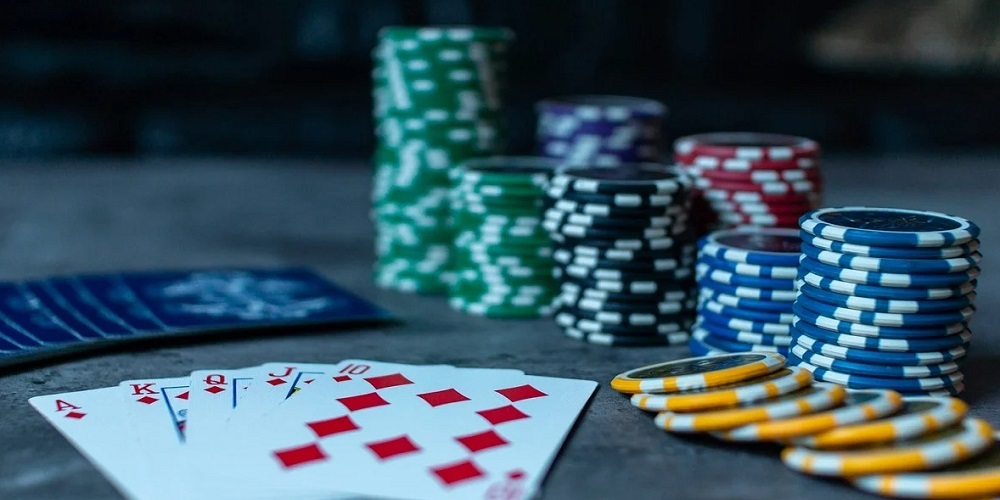
Imagine that you are in the middle of a game
and you think you have recognized a bluff. At that moment you have to consider
what you are going to do. If the opponent is bluffing and you think you have
nothing, you can pay the bluff to bet in the next round (a stop and go),
or you can re-raise. This is a way to get more out of the possible bluff that
your opponent may be playing.
On the other hand, if you think you can
identify a bluff and you have a good play, we should let him take the
initiative by paying and checking. Any offensive attempt we make could put
him out of the hand.
In this way, we allow him to stay with us the
more rounds the better to let him execute his bluff until the end and get the
most chips out of him. It is a good move, although it is not infallible:
you may have made a wrong reading and let him bet with a winning hand, so
protect your hand whenever you can to cover possible contingencies.
It may be the case that you identify a bluff
and still have to throw your hand away because you have nothing to deal
with. It is a delicate situation, but sometimes there is no choice but to let
it go and wonder if he was really bluffing or not or does your own bluff just
look worse than theirs!
You must know that with a bluff you always run
a risk, both when you do it yourself and when you face a player who may be
bluffing. There is always a margin of error, and it is possible that you
will face a player with a much greater analytical capacity than yours and that
he will provoke you to make a wrong reading of the game. Still, depending on
the situation, it may be profitable to try to spot the bluff and take the risk,
or to ignore it.
You may also like
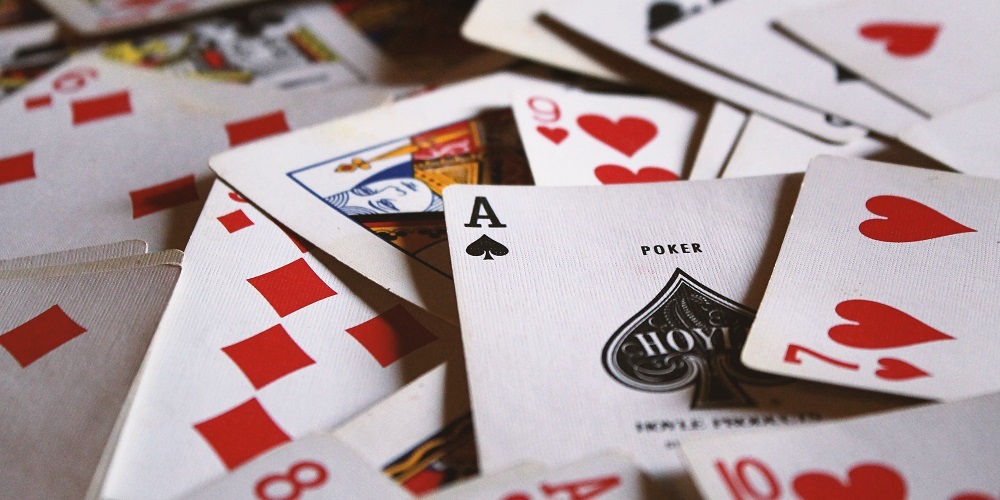
2022 poker schedule: the most important events still to come
The final stretch of 2022 holds a series of poker events that fans around the world are eagerly awaiting. Some are televised and others can be followed on live streaming platforms via the web, maki...
World Poker Tour (WPT) Partners GAMAVRS for First-Ever NFT Poker Club
World Poker Tour (WPT) Partners GAMAVRS for First-Ever NFT Poker ClubThe World Poker Tour (WPT), in collaboration with GAMAVRS, announced the first NFT Poker Club ever - Poker Heroes Club.The WPT a...
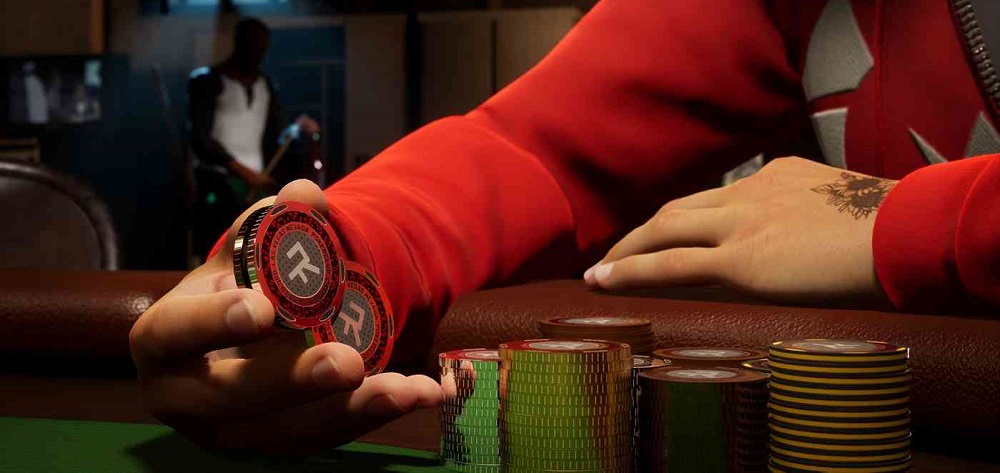
Poker VS AI: will online poker survive Artificial Intelligence?
The implementation of digital AI tools has put in check the traditional poker sector, which sees the classic concept of the games in danger. The fear of a significant loss of players and the devirt...





